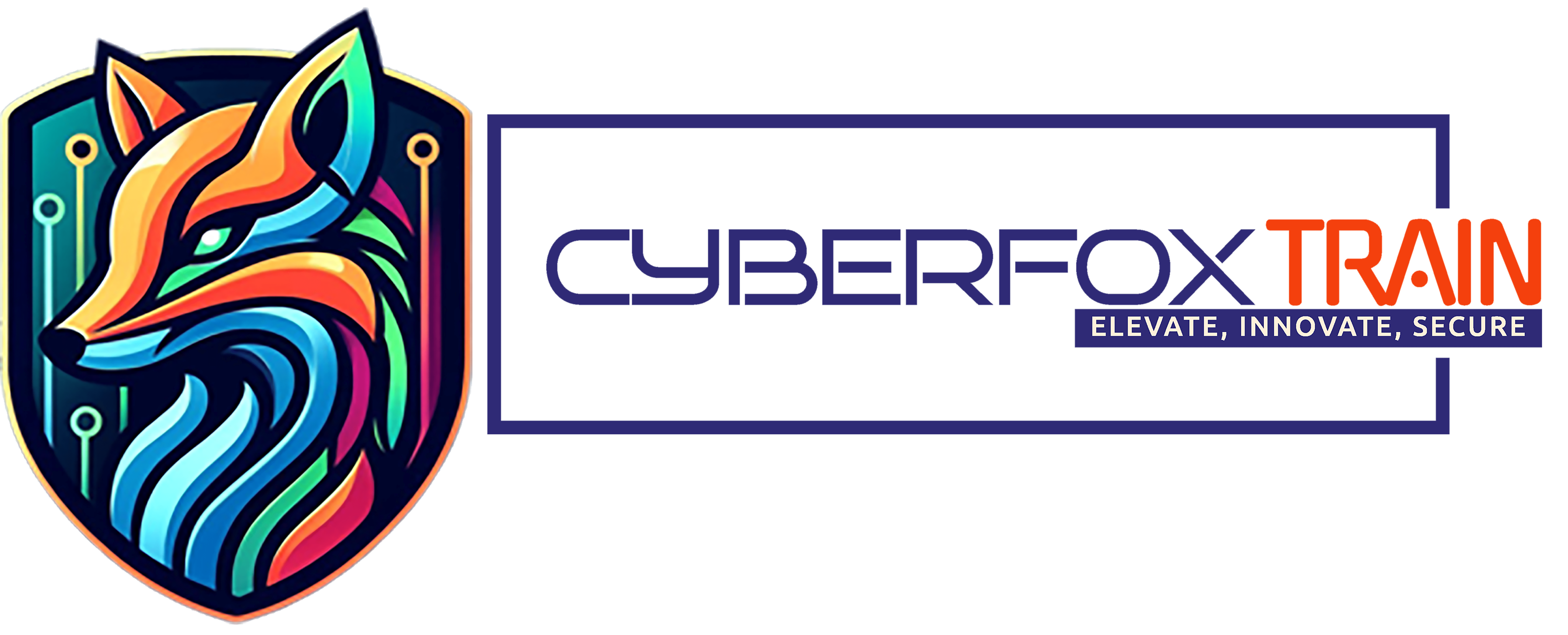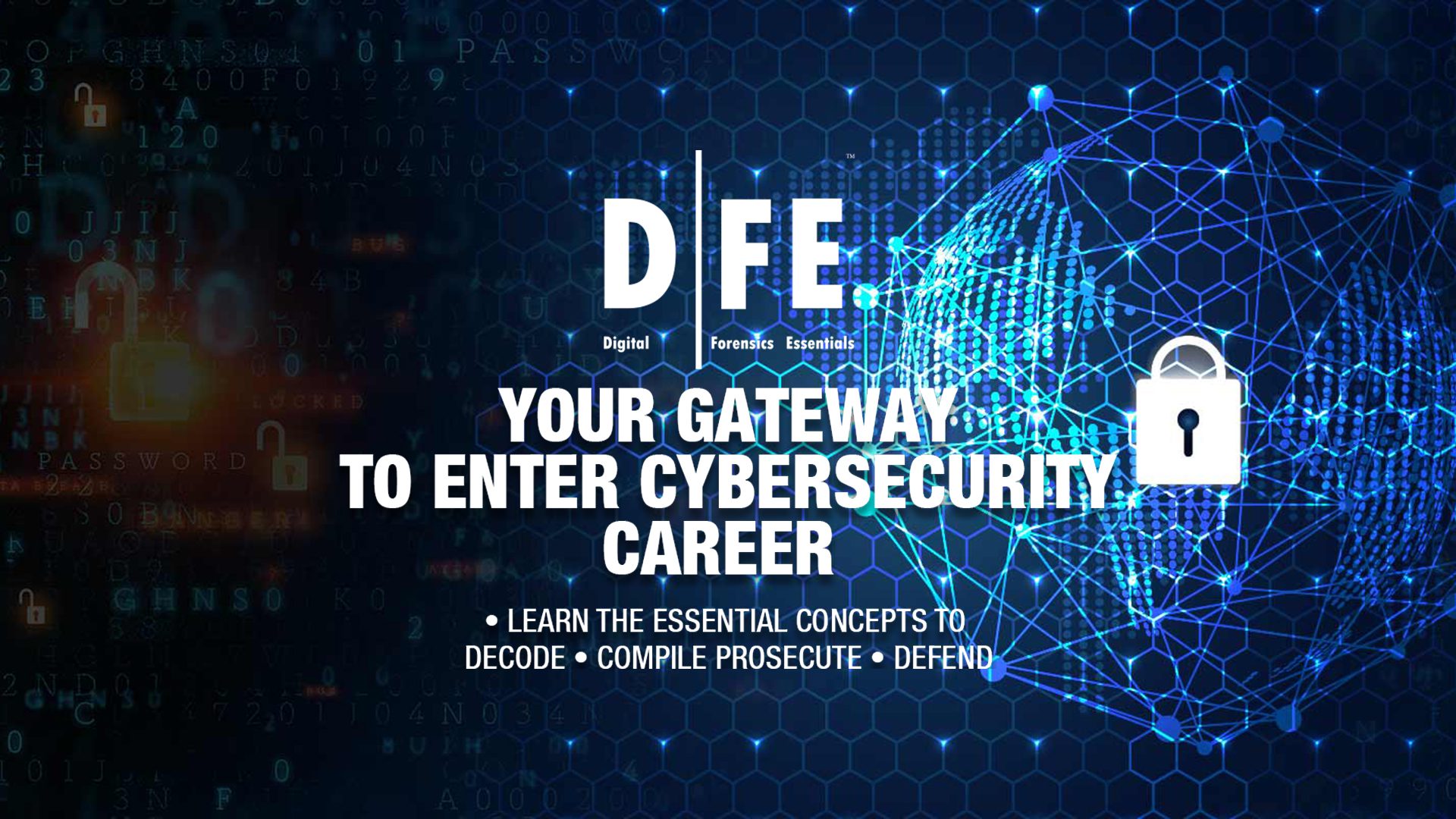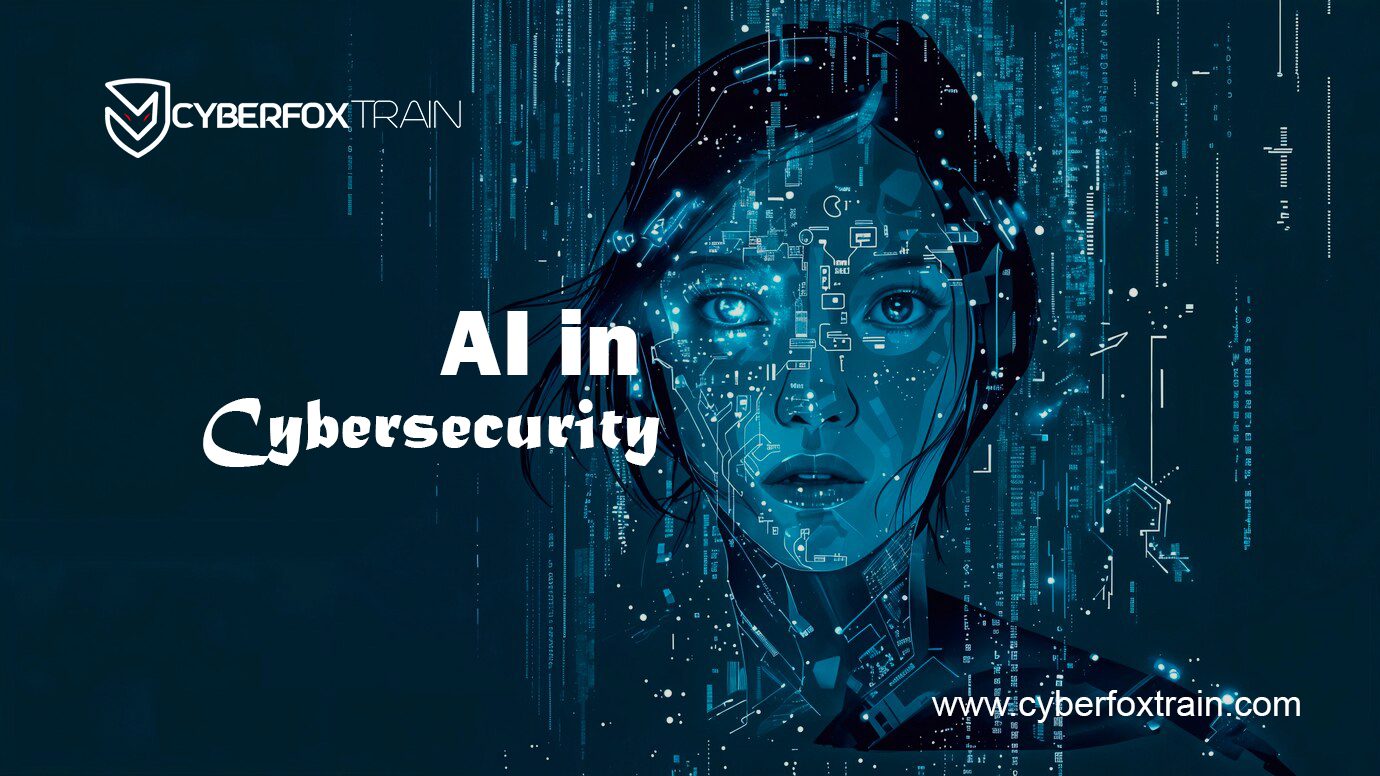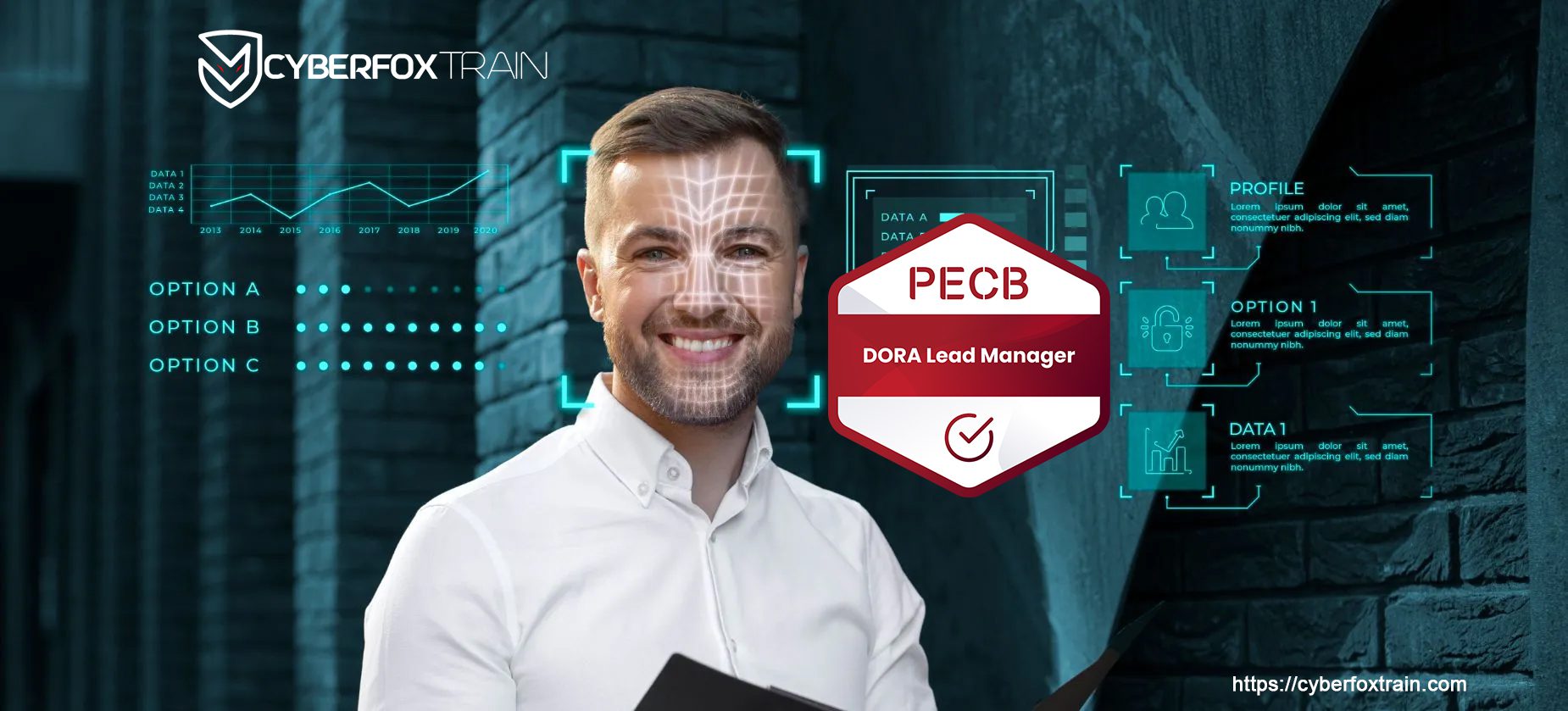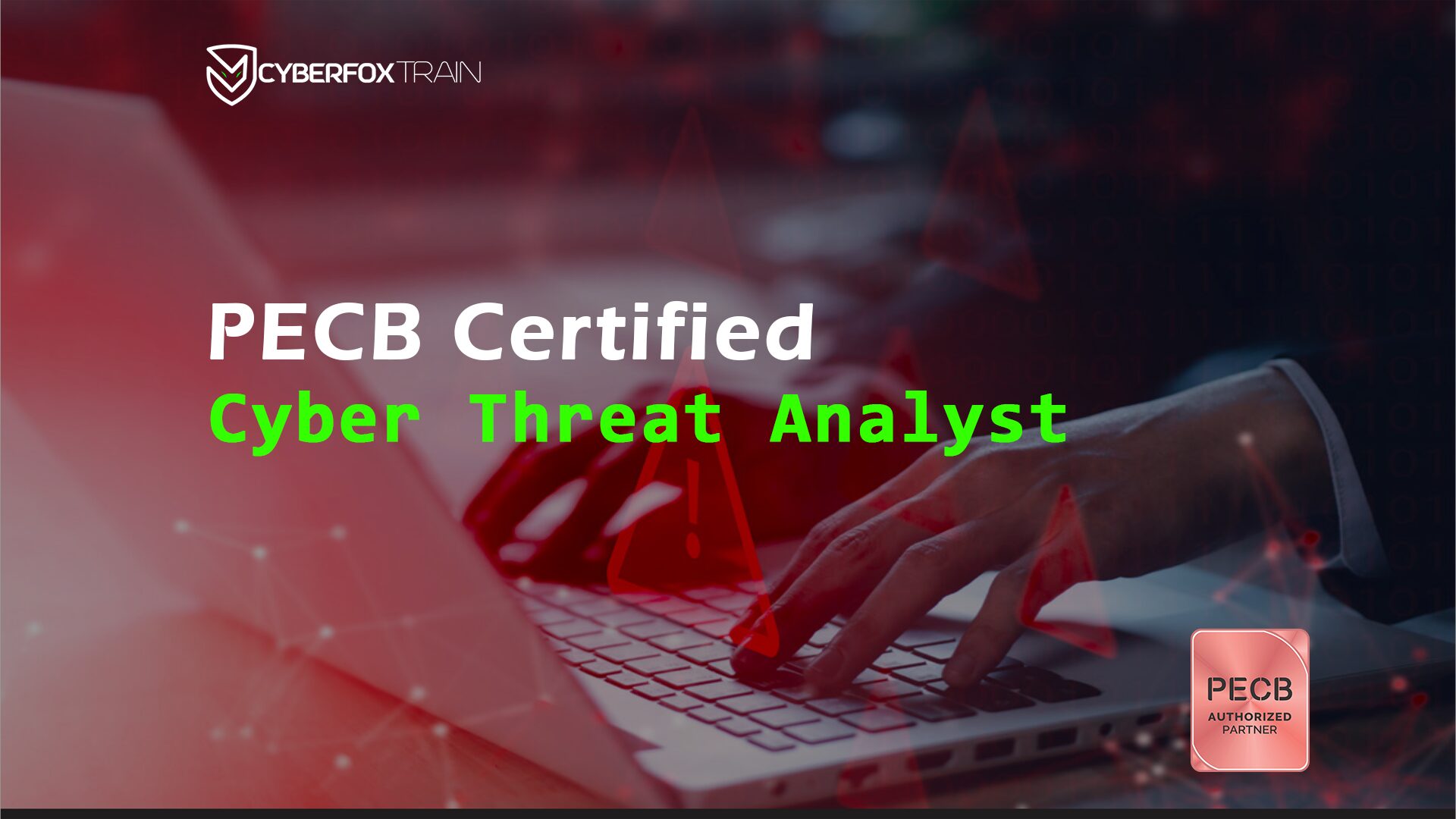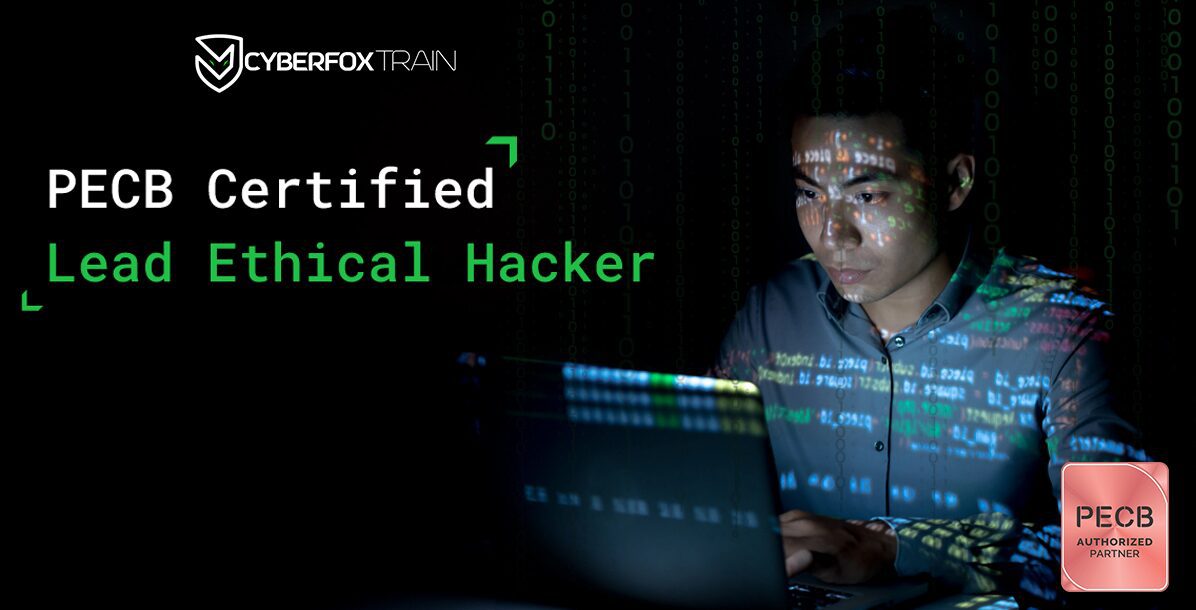Begin Your Cybersecurity Journey with
Hands-On, Technical Foundational Skills in
Digital Forensics
Essential series is a hands-on, immersive program to help learners gain solid technical foundational skills in various cybersecurity areas while ensuring the program is highly affordable. Designed and created to develop a new breed of technically abled professionals right at the start of their cybersecurity careers. Essential Series course methodology is designed for school students, fresh graduates, career switchers, starters, and IT / Technology teams with little or no experience in IT / Cybersecurity. This cybersecurity essentials certification enables students and IT teams to learn the different tenets of cybersecurity, allowing them to determine their area of interest/specialization for themselves, while developing diverse skill set in essential different domains. Gain skills for your first CTF competition with this Essentials Series Course. The final module of lab capstone project features a simulated CTF to test your skills in a controlled environment. Use live virtual machines, real software, and networks to solve real-world challenges as a hacker or defender..
What Is EC-Council Digital Forensics Essentials?
Digital Forensics Essentials helps learners increase their competency and expertise in digital forensics and information security skills, thereby adding value to their workplace and employer.
This course will introduce learners to Computer Forensics Fundamentals as well as the Computer Forensics Investigation Process. Plan to learn about Dark Web, Windows, Linux, Malware Forensics, and so much more! The interactive labs component of this course ensures that learners receive the hands-on, practical experience required for a future in digital forensics. Put your newly acquired abilities to the test with an exhilarating Capture the Flag (CTF) Exercise seamlessly integrated in our Capstone project. This CTF is seamlessly integrated by live virtual machines, genuine software, and real networks, all delivered within a secure and regulated sandbox environment. With these exclusive hands-on, human-versus- machine CTF challenges you will develop the hands-on proficiency essential for success in your cyber professional role.
What Skills You’ll Learn
- Key issues plaguing the computer forensics
- Different types of digital evidence
- Computer forensic investigation process and its phases
- Different types of disk drives and file systems
- Data acquisition methods and data acquisition methodology
- Anti-forensics techniques and countermeasures
- Volatile and non-volatile information gathering from Windows, Linux, and Mac Systems
- Network forensics fundamentals, event correlation, and network traffic investigation
- Web server logs and web applications forensics
- Dark web forensics
- Email crime investigation
- Malware forensics fundamentals and different types of malware analysis
Course Outline
Module 01: Computer Forensics Fundamentals
- Fundamentals of Computer Forensics
- Digital Evidence
- Forensic Readiness
- Roles and Responsibilities of a Forensic Investigator
- Legal Compliance in Computer Forensics
Module 02: Computer Forensics Investigation Process
- Forensic Investigation Process and its Importance
- Forensic Investigation Process – Pre-Investigation Phase
- Forensic Investigation Process – Investigation Phase
- Forensic Investigation Process – Post investigation Phase
Labs
- Performing Hash or HMAC Calculations
- Comparing Hash Values of Files to Check their Integrity
- Viewing Files of Various Formats
- Creating a Disk Image File of a Hard Disk Partition
Module 03: Understanding Hard Disks and File Systems
- Different Types of Disk Drives and their Characteristics
- Logical Structure of a Disk
- Booting Process of Windows, Linux, and Mac Operating Systems
- File Systems of Windows, Linux, and Mac Operating Systems
- File System Examination
Lab
- Analyzing File System of a Linux Image
- Recovering Deleted Files from Hard Disks
Module 04: Data Acquisition and Duplication
- Data Acquisition Fundamentals
- Types of Data Acquisition
- Data Acquisition Format
- Data Acquisition Methodology
Lab Exercise
- Creating a dd Image of a System Drive
- Converting Acquired Image File to a Bootable Virtual Machine
- Acquiring RAM from Windows Workstations
- Viewing Contents of Forensic Image File
Module 05: Defeating Anti-forensics Techniques
- Anti-Forensics and its Techniques
- Anti-Forensics Countermeasures
Labs
- SSD File Carving on a Windows File System
- Recovering Data from Lost / Deleted Disk Partition
- Cracking Application Passwords
- Detecting Steganography
Module 06: Windows Forensics
- Volatile and Non-Volatile Information
- Windows Memory and Registry Analysis
- Cache, Cookie, and History Recorded in Web Browsers
- Windows Files and Metadata
Labs
- Acquiring Volatile Information from a Live Windows System
- Investigating Forensic Image of Windows RAM
- Examining Web Browser Artifacts
- Extracting Information about Loaded Processes on a Computer
Module 07: Linux and Mac Forensics
- Volatile and Non-Volatile Data in Linux
- Analyze Filesystem Images Using The Sleuth Kit
- Memory Forensics
- Mac Forensics
Labs
- Forensic Investigation on a Linux Memory Dump
- Recovering Data from a Linux Memory Dump
Module 08: Network Forensics
- Network Forensics Fundamentals
- Event Correlation Concepts and Types
- Identify Indicators of Compromise (IoCs) from Network Logs
- Investigate Network Traffic
Labs
- Identifying and Investigating Various Network Attacks using Wireshark
Module 09: Investigating Web Attacks
- Web Application Forensics
- IIS and Apache Web Server Logs
- Investigating Web Attacks on Windows-based Servers
- Detect and Investigate Attacks on Web Applications
Labs
- Identifying and Investigating Web Application Attacks Using Splunk
Module 10: Dark Web Forensics
- Dark Web
- Dark Web Forensics
- Tor Browser Forensics
Labs
- Detecting TOR Browser on a Machine
- Analyzing RAM Dumps to Retrieve TOR Browser Artifacts
Module 11: Investigating Email Crimes
- Email Basics
- Email Crime Investigation and its Steps
Lab Exercise
- Investigating a Suspicious Email
Module 12: Malware Forensics
- Malware, its Components and Distribution Methods
- Malware Forensics Fundamentals and Recognize Types of Malware Analysis
- Static Malware Analysis
- Analyze Suspicious Word Documents
- Dynamic Malware Analysis
- System Behavior Analysis
- Network Behavior Analysis
Lab Exercise
- Performing Static Analysis on a Suspicious File
- Forensic Examination of a Suspicious Microsoft Office Document
- Performing System Behavior Analysis
Course Features
- Lecture 0
- Quiz 0
- Duration 16 hours
- Skill level All levels
- Language English
- Students 2
- Assessments Yes
Features
- 11+ Hours of Premium Self-Paced Video Training
- 11 Lab Activities in a Simulated Lab Environment
- 750+ pages of e-courseware
- Capstone Projects with Real-World CTF Challenges
- Year-Long Access to Courseware and 6-Months of Access to labs
- Proctored Exam Voucher with One-Year Validity
- Increase Your Value in the Job Market to Advance Your Career.
- Globally Recognized EC-Council’s Certificate
Target audiences
- School students, graduates, professionals, career starters and changers, IT / Technology / Cybersecurity teams with little or no work experience.
- High school students who want to get an early start on their cybersecurity careers and master the fundamentals of security online.
- College or university students interested in preparing for a cybersecurity career and aiding their IT education.
- Working professionals who want to get into the cybersecurity field and don’t know where to start their education journey.
